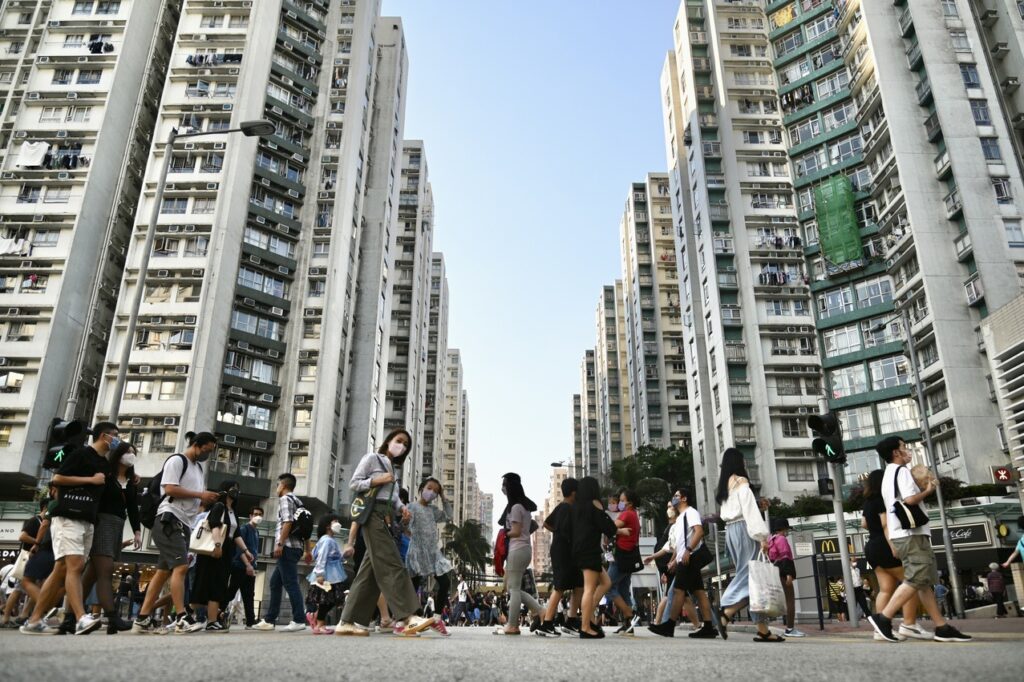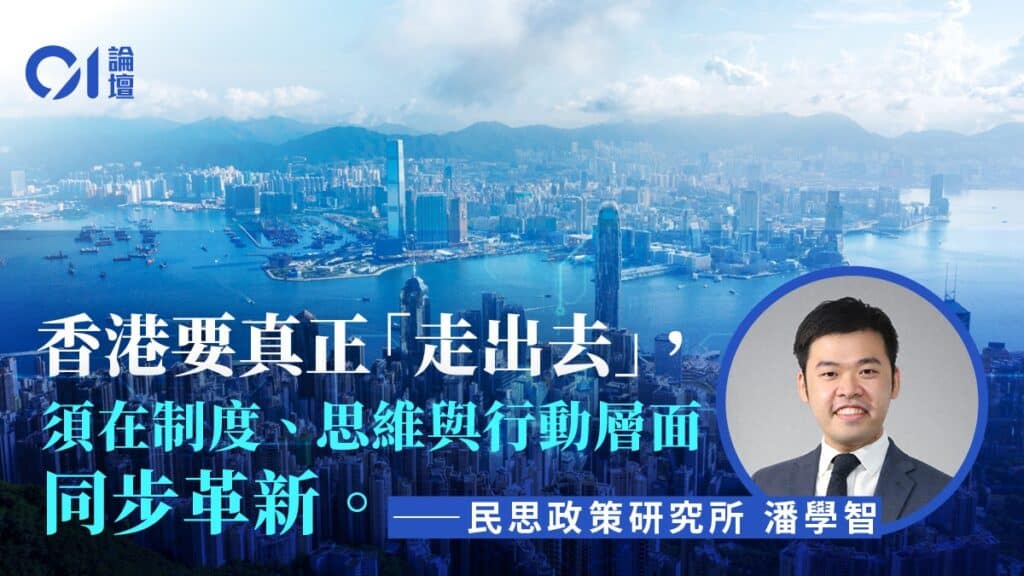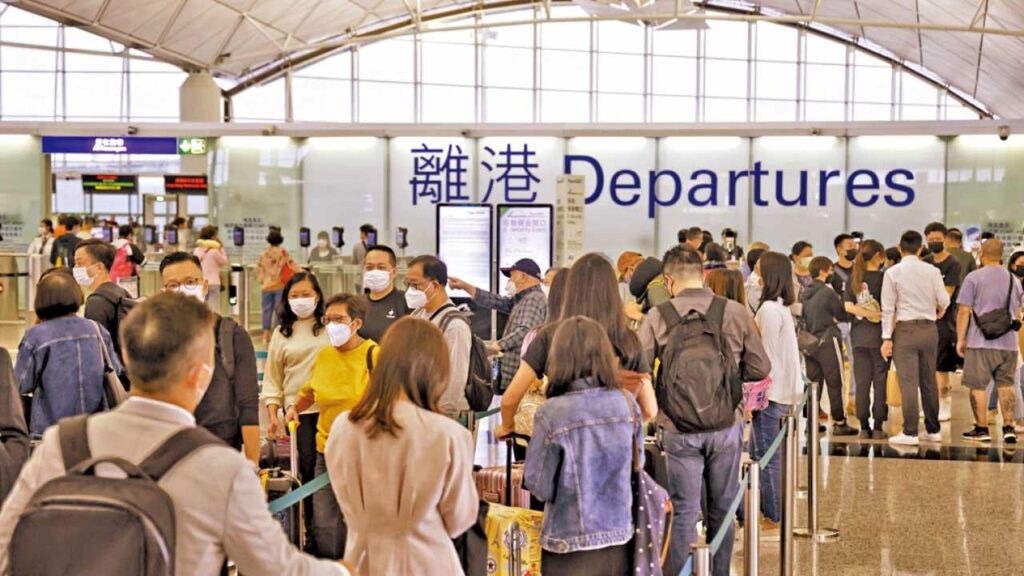Hong Kong has always been a bastion of neoliberalism. In order to create a level playing field, the government rarely actively intervenes in the market. The government has locked fiscal expenditure at 20% of GDP. Even though the expenditure has increased slightly in recent years and has slightly broken this golden rule, it still adheres to the "big market, small government" principle. Constrained by governance philosophy and financial resources, Hong Kong has never had a strong industrial policy and can only passively expect the business community to respond to the government's vision. Li Jiachao issued his first "Policy Address" to lead the industrial layout and proactively attract investment, reflecting that the new government will break the inertia of "active non-intervention".
Government changes from facilitator to participant
Singapore is a typical example of a developmental state. The sovereign fund Temasek Holdings is owned by the government and has a market value of more than HK$2 trillion. It implements macroeconomic plans. The "Policy Address" announced the establishment of "Hong Kong Investment Management Co., Ltd." Although the scale of the two is difficult to compare, the concept is similar and it is called the "Hong Kong version of Temasek." The Hong Kong government has injected $30 billion into the "Co-Investment Fund", together with the existing $32 billion investment from the "Hong Kong Growth Portfolio", "Greater Bay Area Investment Fund" and "Strategic Innovation and Technology Fund", expanding the investment quota Nearly double. At present, relevant investments are supervised by the Hong Kong government, which invites expert groups to formulate strategies and entrusts private equity funds to manage them. It is believed that the form will be similar in the future. Since then, the government has been able to more flexibly deploy fiscal tools and proactively implement industrial policies.
In the past, the government mainly relied on Invest Hong Kong to attract investment and business. The "Introduction of Key Enterprise Offices" is a new and more progressive approach. This office will identify target companies and tailor-made settlement plans for them, marking the government's shift in the market's role from a facilitator to a participant. "Special teams for attracting investment and talent" will also be set up in 17 economic and trade offices on the mainland and overseas. They will be responsible for proactively contacting target companies, contacting top 100 universities, recruiting local talents and Hong Kong people studying abroad, and making good use of various visa programs to return to Hong Kong for development.
Hong Kong-style capitalism needs to catch up with the times
Democratic Thoughts conducted a telephone survey two years ago and found that nearly 70% of citizens support the government's more active participation in the market and the initiative to develop specific industries. During the focus group sharing, the public generally agreed on the key elements of a market economy, such as private property rights, free currency convertibility and free capital flow, and hoped that these characteristics would remain unchanged. But they also feel that Hong Kong's economic policies are too passive, weakening competitiveness and neglecting industrial diversification. The shortcomings of Hong Kong-style capitalism are getting worse day by day, with social problems such as the widening gap between rich and poor and the weakening of young people's opportunities for the upper class gradually emerging. Successive governments seem to be complacent with past achievements and remain stuck in the comfort zone of the four pillar industries. People expect a promising government that will develop the economy boldly and move forward in step with the people.
The old economic model brought us temporary success, led economic development in the post-industrial era, and earned us the reputation of the "Four Asian Tigers", but it is no longer able to respond to the new international situation with complex prospects. The post-epidemic economy requires resilience and resilience. Hong Kong's capitalist system must also keep up with the times, starting from changing government functions and proactively adapt and change. The government's deepening of market participation is supported by capital investment, execution capabilities, and public support. It is a major step toward strengthening economic competitiveness and consolidating the confidence of international investors. It is also a top priority for maintaining the unique advantages of "one country, two systems."
Ray Poon
Co-Convenor (Research), Path of Democracy



